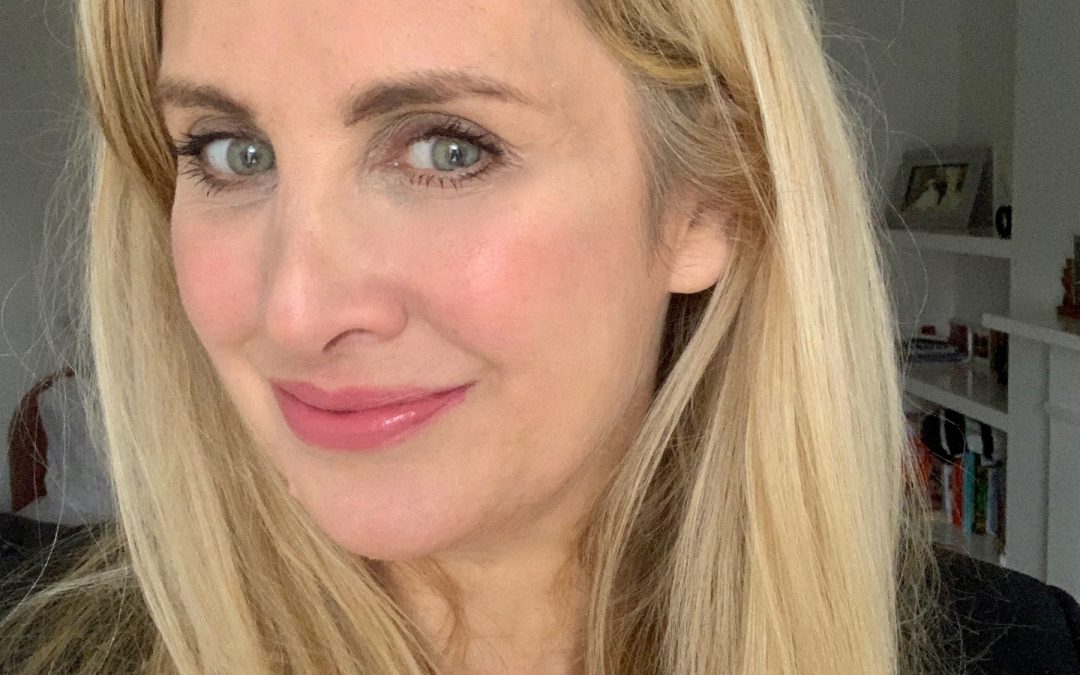The award-winning journalist Tanith Carey published an article in Good Housekeeping magazine this month (August 2025) about coming to terms with her father’s infidelity, and I was delighted – and honoured – that she chose to illustrate her feelings with this quote from my book 20 Ways to Break Free from Trauma:
‘Cumulative trauma can occur when our needs are not met over time. Because this may be our ongoing situation, we may hurt inside but do not have space to acknowledge it. We push the hurt down into an internal chasm inside.’
Tanith is now training as a psychotherapist at London’s Metanoia Institute. Believing that her upbringing seemed ‘privileged’, she was stopped in her tracks when her training supervisor said her difficulty in tolerating silence when sitting with clients sounded like complex PTSD. She knew she had had a difficult childhood, but she ‘associated traumas with events, such as war, disasters, poverty and violence.’
Yet so many psychological wounds – to which we are sensitive and susceptible when we are young and vulnerable – are not obvious; they are small and often repeated, just like paper cuts. I heard recently of someone who felt that his father’s criticisms of him as a young man had been like ‘tiny shards of glass which never come out’.
When young hearts are broken, and primary trust in the world broken by those closest to them, there’s a strong likelihood of developing ongoing symptoms such as depression and anxiety, dissociation and emotional unavailability later in life.
Why? Because the child’s distress and woundedness has simply not been put centre stage. Tanith writes: ‘I imagine when my father arranged that romantic getaway with the ‘other woman’, my future emotional wellbeing was not top of his priorities.’ How can we learn to value our own feelings compassionately and sensitively when others didn’t show us how?

Such feelings do not go away; they remain guarded in the inner chasm, but in order to survive we respond from our pain and hurt, protectively and defensively. Like Tanith, we might function well and be survivors at the same time as going on to have lifelong difficulties when it comes to trusting and being emotionally open to others, to say nothing of being kind to ourselves.
Tanith’s heartbreaking story beautifully highlights the profound legacy of broken trust. When her father moves to Australia to start a new relationship, she writes: ‘I thought he’d fly back to get me’. As I quote from Uri Bronfenbrenner in the introduction to my trauma book: ‘Every child needs at least one adult who is irrationally crazy about him or her.’ Of course, it’s not about blaming negligent parents. As Tanith writes; ‘Back then, the message was that children were “resilient”’. Each era has its own mores and prevailing beliefs.
Yet let us not underestimate or gloss over the hidden wounds. When we see children acting out, don’t let’s just call them difficult and sanction them. Let’s instead use our imaginations to think about the changes in their lives, that maybe they are distressed or are not given the space to have it properly acknowledged. If, through our kind attention, we can become open to the unsung song of a child’s distress, maybe we might bring salve to their wound and show them another way. A way out of distress… and maybe a route out of their trauma.
You can find Tanith on instagram at @tanithcareytherapy

